Drywall screws are an essential part of any drywall installation project. They provide a secure connection between the drywall and the wall frame and ensure the wall remains stable and secure. Choosing the right type of drywall screws is key to ensuring the job is done properly and safely. In this guide, we’ll cover everything you need to know about selecting the right drywall screws for your project.
Table of Contents
Introduction to Drywall Screws
Drywall screws are special screws designed to attach drywall to wood or metal studs. They are sturdier than regular wood screws and provide a more secure connection between the drywall and the wall frame. Drywall screws are the preferred choice for attaching drywall to wood or metal studs, as they provide a stronger connection than nails and are easier to work with.
There are various types of drywall screws available, and each type has its own advantages and disadvantages. It’s important to understand the different types of drywall screws and their uses before selecting the right type for your project.
Types of Drywall Screws
The two most common types of drywall screws are self-tapping and self-drilling. Self-tapping drywall screws are the most common type and are designed to tap their own threads into the drywall and the wall frame when driven. Self-drilling drywall screws are designed to drill their own hole and thread into the drywall and the wall frame when driven.
Self-tapping drywall screws are used in most drywall installations, while self-drilling drywall screws are used in special applications, such as attaching drywall to metal studs.
Benefits of Using Drywall Screws
Drywall screws offer several benefits over other types of fasteners. They are much stronger than nails, providing a more secure connection between the drywall and the wall frame. They are also easier to install than nails, as they can be driven in with a power drill. They also don’t require pre-drilling, saving time and effort.
Drywall screws are also less likely to loosen over time, providing a more secure and stable connection. They are also corrosion-resistant, making them ideal for use in damp or moist environments.
What to Look for When Buying Drywall Screws
When selecting drywall screws, it’s important to consider several factors. You should look for screws that are the right length and size for your project, as well as the right type and material for the application. You should also consider the coating of the screws, as well as the type of box they come in.
Length and Size: Drywall screws come in a variety of lengths and sizes, and it’s important to choose the right length and size for your project. Longer screws are better for attaching drywall to metal studs, while shorter screws are better for attaching drywall to wood studs. It’s also important to choose the right size of screw, as using a screw that is too large or too small can cause the drywall to crack or be improperly installed.
Type: There are two types of drywall screws: self-tapping and self-drilling. Self-tapping drywall screws are the most common type, and are designed to tap their own threads into the drywall and the wall frame when driven. Self-drilling drywall screws are designed to drill their own hole and thread into the drywall and the wall frame when driven.
Material: Drywall screws are available in a variety of materials, including steel, stainless steel, and brass. Steel screws are the most common and are the most affordable option. Stainless steel screws are more resistant to corrosion and rust, and are ideal for use in damp or moist environments. Brass screws are the most expensive option, but offer the best corrosion resistance.
Coating: Drywall screws are also available with different coatings, including zinc, black phosphate, and black oxide. Zinc-coated screws are the most common and provide good rust and corrosion resistance. Black phosphate screws provide good corrosion resistance and are the most affordable option. Black oxide screws provide the best corrosion resistance and are the most expensive option.
Box: Drywall screws come in a variety of boxes, including plastic, cardboard, and metal. Plastic boxes are the most affordable option and are easy to store. Cardboard boxes are more durable and are ideal for larger projects. Metal boxes are the most expensive option and provide the best protection against corrosion and rust.
How to Use Drywall Screws
Using drywall screws is relatively simple, but it’s important to use the right technique to ensure the drywall is installed properly. Before installing the drywall screws, it’s important to pre-drill the holes into the drywall and the wall frame. This will ensure the screws are driven into the correct position and will provide a more secure connection between the drywall and the wall frame.
Once the holes have been pre-drilled, the drywall screws can be driven into the drywall and the wall frame. It’s important to use the right size and length of screws for the application, as using a screw that is too long or too short can cause the drywall to crack or be improperly installed.
Tips for Installing Drywall Screws
When installing drywall screws, there are a few tips to keep in mind. First, it’s important to drive the screws in straight and at the right angle. This will ensure the screws are driven into the correct position and will provide a more secure connection between the drywall and the wall frame.
It’s also important to use the right size and length of screws for the application. Using a screw that is too long or too short can cause the drywall to crack or be improperly installed. It’s also important to use the right type of screw for the application, as self-tapping screws are not suitable for metal studs and self-drilling screws are not suitable for wood studs.
You may also want to learn about structural screws and concrete screws.
Common Mistakes to Avoid When Using Drywall Screws
When using drywall screws, there are a few common mistakes to avoid. First, it’s important to use the right size and length of screws for the application. Using a screw that is too long or too short can cause the drywall to crack or be improperly installed.
It’s also important to use the right type of screw for the application. Self-tapping screws are not suitable for metal studs and self-drilling screws are not suitable for wood studs. Finally, it’s important to use the right technique when driving the screws. Driving the screws at the wrong angle or in the wrong direction can cause the drywall to crack or be improperly installed.
How to Choose the Right Size and Length of Drywall Screws
Choosing the right size and length of drywall screws is key to ensuring the job is done properly and safely. When selecting drywall screws, it’s important to consider the type of application and the material of the wall frame.
For most applications, a 1-1/4” or 1-5/8” drywall screw is suitable. For attaching drywall to wood studs, a 1-1/4” screw is generally sufficient, while for attaching drywall to metal studs, a 1-5/8” screw is recommended. It’s also important to choose the right length of screw for the application. Longer screws are better for attaching drywall to metal studs, while shorter screws are better for attaching drywall to wood studs.
How to Choose the Right Type of Drywall Screws
It’s important to choose the right type of drywall screw for the application. Self-tapping screws are the most common type and are designed to tap their own threads into the drywall and the wall frame when driven. Self-drilling screws are designed to drill their own hole and thread into the drywall and the wall frame when driven.
Self-tapping drywall screws are used in most drywall installations, while self-drilling drywall screws are used in special applications, such as attaching drywall to metal studs. It’s important to select the right type of screw for the application, as using the wrong type of screw can cause the drywall to crack or be improperly installed.
You may also want to learn about deck screws and lag screws vs lag bolts.
What Are the Different Types of Drywall Screws?
Drywall screws are available in a variety of types, materials, and coatings. The most common types of drywall screws are self-tapping and self-drilling. Self-tapping drywall screws are the most common type, and are designed to tap their own threads into the drywall and the wall frame when driven. Self-drilling drywall screws are designed to drill their own hole and thread into the drywall and the wall frame when driven.
Drywall screws are also available in a variety of materials, including steel, stainless steel, and brass. Steel screws are the most common and are the most affordable option. Stainless steel screws are more resistant to corrosion and rust, and are ideal for use in damp or moist environments. Brass screws are the most expensive option, but offer the best corrosion resistance.
Drywall screws are also available with different coatings, including zinc, black phosphate, and black oxide. Zinc-coated screws are the most common and provide good rust and corrosion resistance. Black phosphate screws provide good corrosion resistance and are the most affordable option. Black oxide screws provide the best corrosion resistance and are the most expensive option.
How to Choose the Right Material for Drywall Screws
When selecting drywall screws, it’s important to consider the material of the screws. Drywall screws are available in a variety of materials, including steel, stainless steel, and brass. Steel screws are the most common and are the most affordable option. Stainless steel screws are more resistant to corrosion and rust, and are ideal for use in damp or moist environments. Brass screws are the most expensive option, but offer the best corrosion resistance.
It’s important to select the right material for the application, as using the wrong material can lead to corrosion or rusting of the screws. It’s also important to consider the environment the screws will be used in, as certain materials are better suited for certain environments.
How to Choose the Right Coating for Drywall Screws
When selecting drywall screws, it’s important to consider the coating of the screws. Drywall screws are available with different coatings, including zinc, black phosphate, and black oxide. Zinc-coated screws are the most common and provide good rust and corrosion resistance. Black phosphate screws provide good corrosion resistance and are the most affordable option. Black oxide screws provide the best corrosion resistance and are the most expensive option.
It’s important to select the right coating for the application, as using the wrong coating can lead to corrosion or rusting of the screws. It’s also important to consider the environment the screws will be used in, as certain coatings are better suited for certain environments.
How to Choose the Right Box of Drywall Screws
When selecting drywall screws, it’s important to consider the type of box the screws come in. Drywall screws come in a variety of boxes, including plastic, cardboard, and metal. Plastic boxes are the most affordable option and are easy to store. Cardboard boxes are more durable and are ideal for larger projects. Metal boxes are the most expensive option and provide the best protection against corrosion and rust.
It’s important to select the right box for the application, as using the wrong box can lead to corrosion or rusting of the screws. It’s also important to consider the environment the screws will be used in, as certain boxes are better suited for certain environments.
Conclusion
In this guide, we’ve covered everything you need to know about selecting the right drywall screws for your project. We’ve discussed the different types of drywall screws, their benefits, and what to look for when buying drywall screws. We’ve also discussed how to use drywall screws, tips for installing drywall screws, and common mistakes to avoid when using drywall screws.
Finally, we’ve discussed how to choose the right size and length of drywall screws, the right type of drywall screws, the right material for drywall screws, the right coating for drywall screws, and the right box of drywall screws.
By following this guide, you can ensure you select the right drywall screws for your project and increase the chances of a successful installation.
Disclaimer: This article is intended for informational purposes only and does not constitute professional advice. Always consult with a licensed contractor or construction professional for your specific needs.
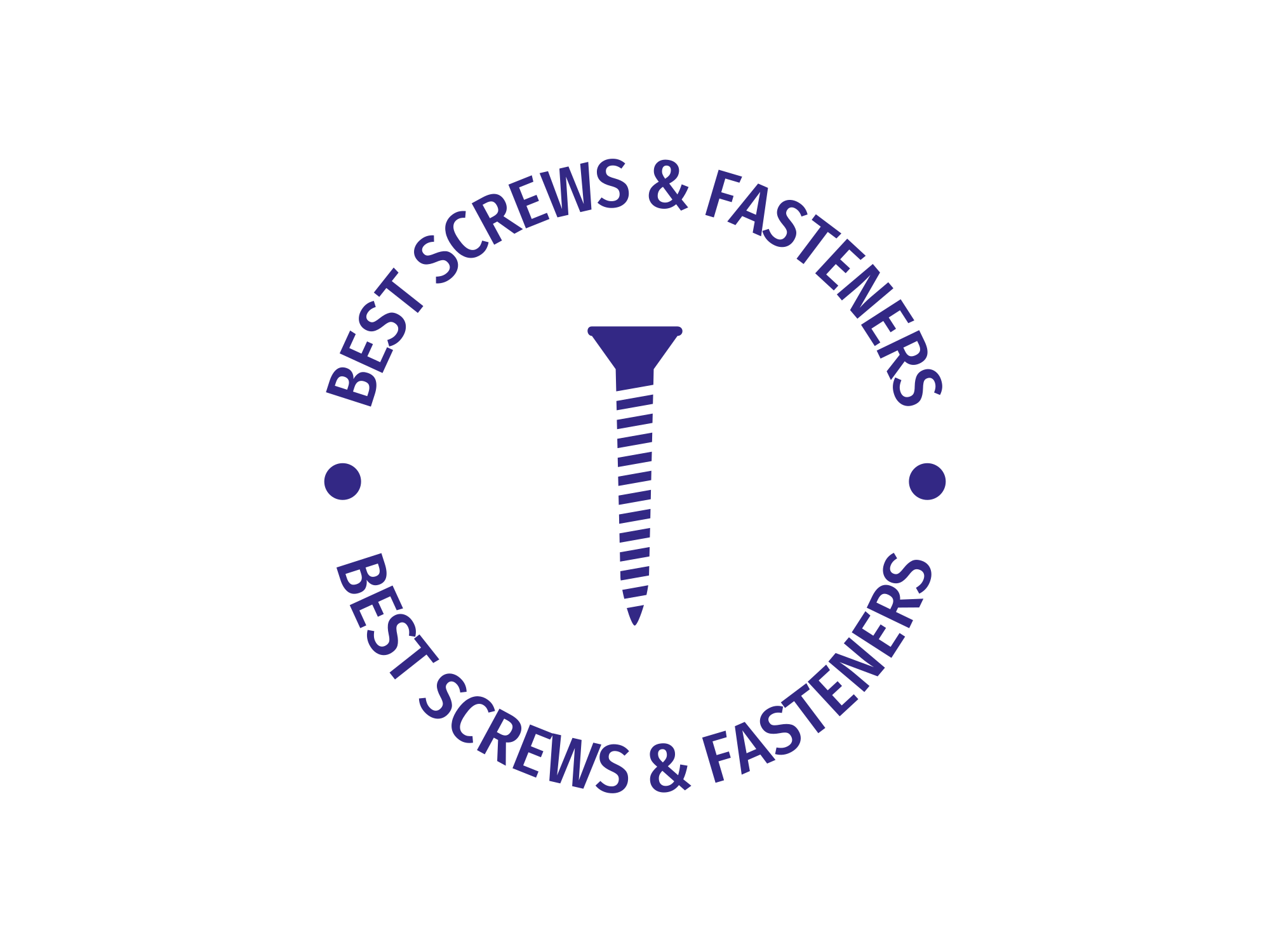
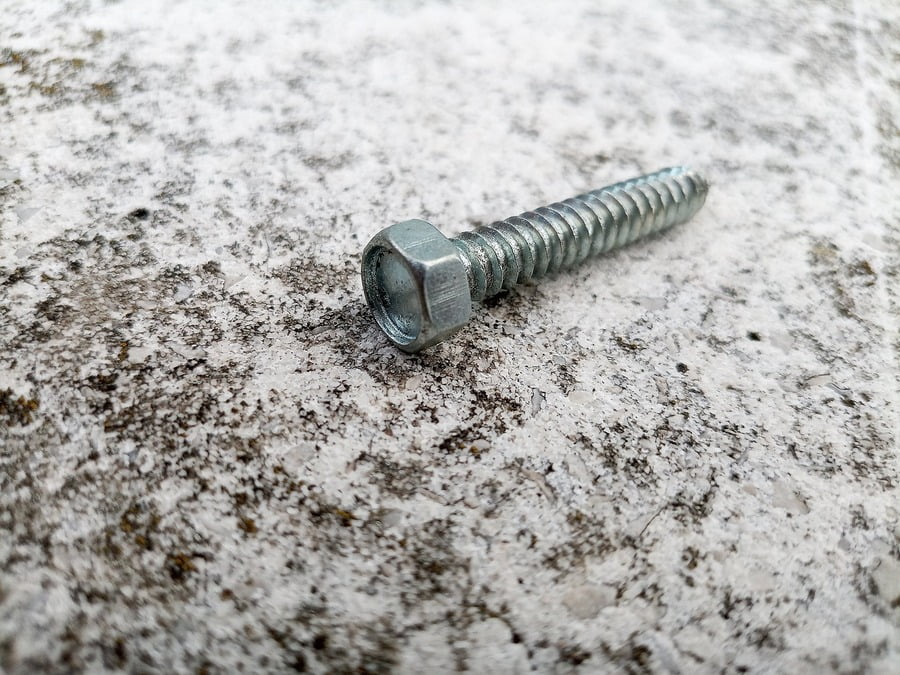
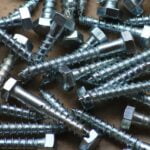
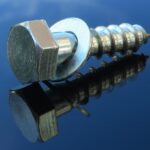
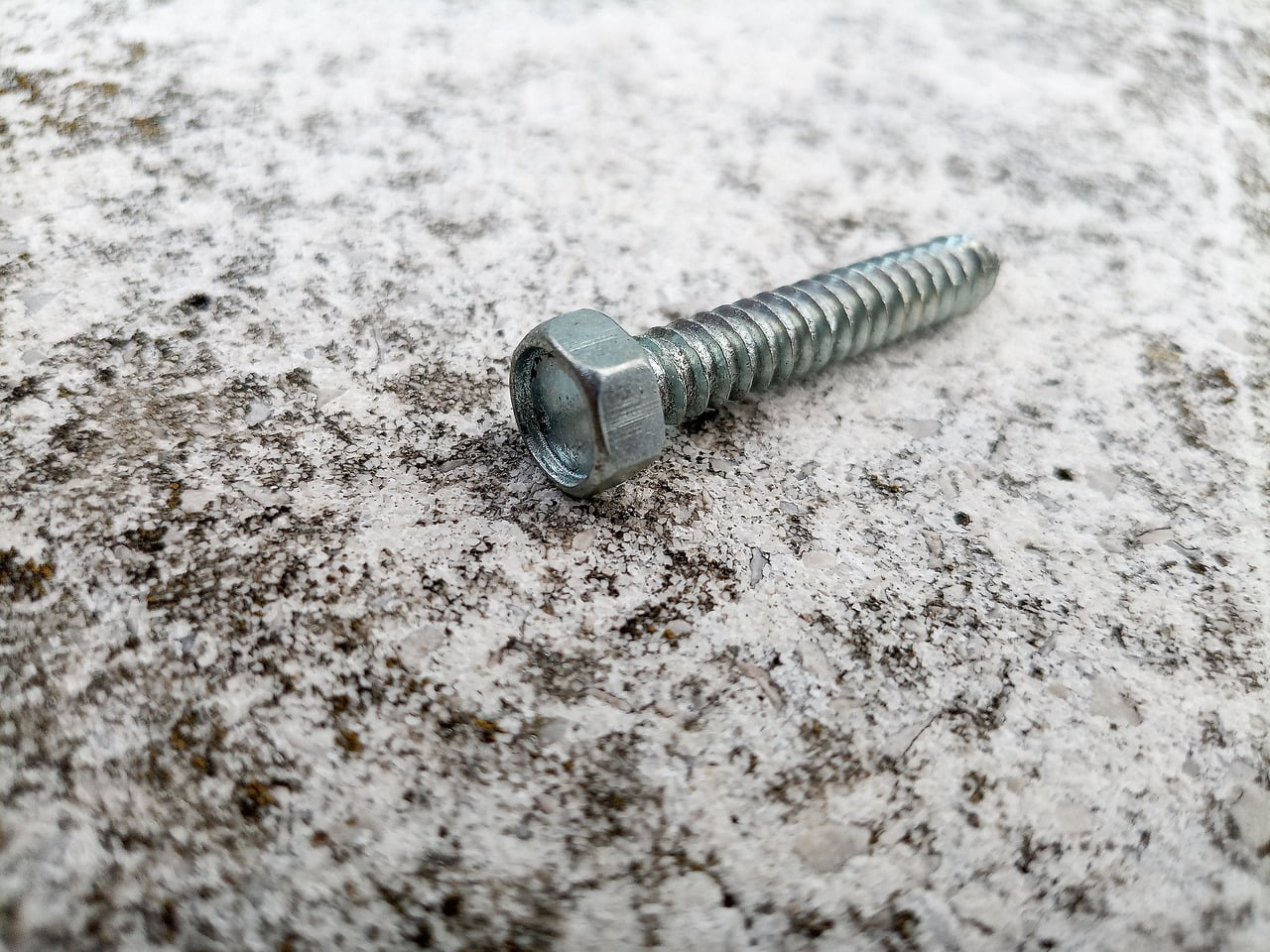
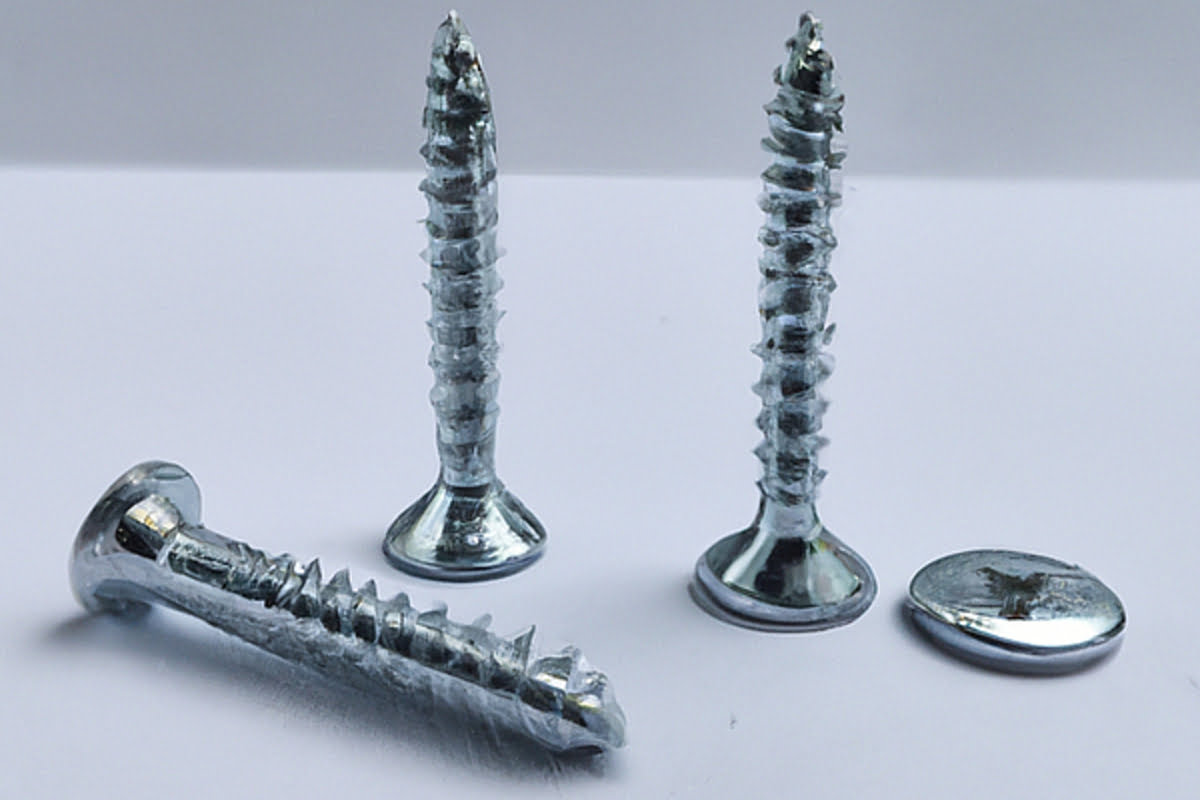
3 Comments